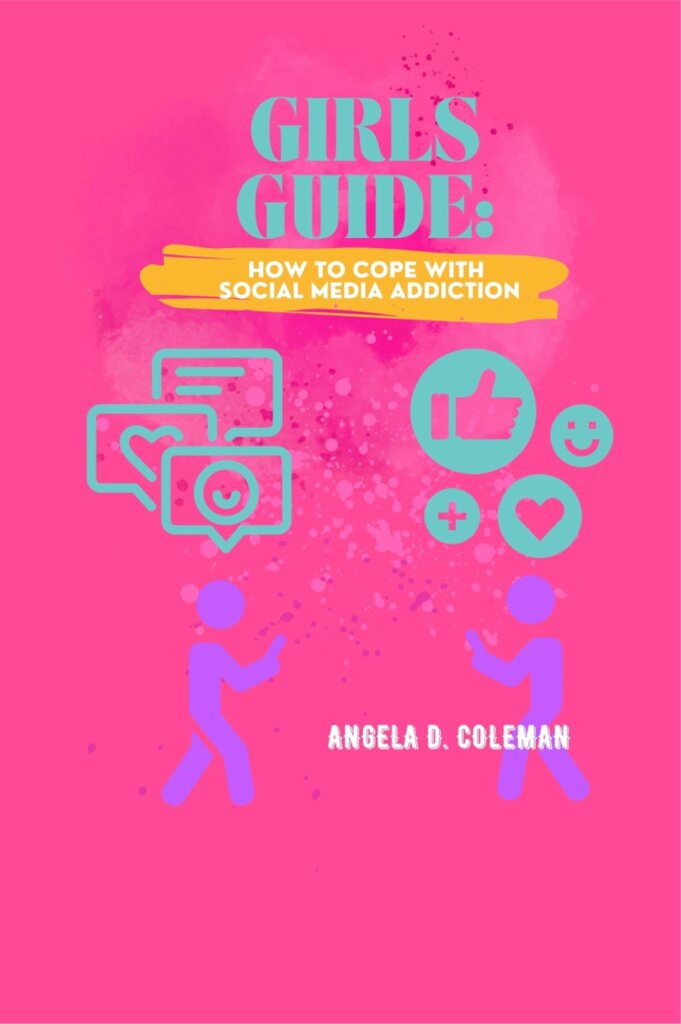By Angela D. Coleman | Founder and President
The relationship between social media and teenage girls causes a lot of concern for many parents and educators. What's going on? Firstly, we need to educate ourselves about the facts.
Teen girls often check their phones before showering, brushing their teeth, and eating breakfast. They may look at what their friends have posted on Instagram or upload videos to TikTok on the way to school. They also reply to late-night texts in a group conversation with their best buddies. These may seem like little things. But social media platforms affect many teen girls' mental and emotional health. Researchers looked at the information from more than 15,000 girls.
They found that frequent use of social media hurts girls' mental health more than boys'.
What impact does social media have on girls? Social media has pros and cons, just like any other type of technology. The effects of social media on girls are both positive and negative. For example, TikTok, Twitter, Instagram, and Facebook can help LGBTQ+ teens feel less alone. But the impacts of social media on girls can also be very bad for their mental health.
Social media is especially linked to girls' stress. Teenage brains are still developing and their minds are going back and forth between who they think they are, who they want to be, and who they think their parents want them to be. It’s difficult for girls to further navigate social expectations of womanhood.
Teens also risk cyberbullying, body image concerns, and computer addiction by overusing apps. It also reduces healthful, real-world activities.
Most parents think they know what their daughters post on social media. But, according to Pew Study, 70% of girls hide their online consumption from their parents. Social media can harm girls more than boys. But at different ages, both could be less happy with their lives if they use social media excessively.
We think that our girls like and need to be on social media. However, social media research shows the opposite. Unfortunately, when girls age 11–13 and boys age 14–15 use social media, it makes them less happy overall.
Adults, corporations, and educators need to prioritize youth mental health and find innovative ways to protect our girls when it comes to their excessive social media use. We are just being to understand what this means, how to be effective, and why it needs to be a priority.
Sisterhood Agenda does this in many ways. We integrate strategies on how to have a healthy relationship with social media in all of our Global Educational Empowerment programs, we recently published a new book about it, Girls Guide: How to Cope with Social Media Addiction, and Sisterhood Agenda posts articles on our site such as:
Above all, we must not ignore the warning signs when to comes to mental health. As a society, we cannot be willing to give up our girls’ health and emotional well-being in exchange for profit and corporate interests. The fight for greater Internet protection for children as an advocate for girls must continue. We are in this together.
Excerpted from sisterhoodagenda.com
Links:
Project reports on GlobalGiving are posted directly to globalgiving.org by Project Leaders as they are completed, generally every 3-4 months. To protect the integrity of these documents, GlobalGiving does not alter them; therefore you may find some language or formatting issues.
If you donate to this project or have donated to this project, you can receive an email when this project posts a report. You can also subscribe for reports without donating.
Support this important cause by creating a personalized fundraising page.
Start a Fundraiser